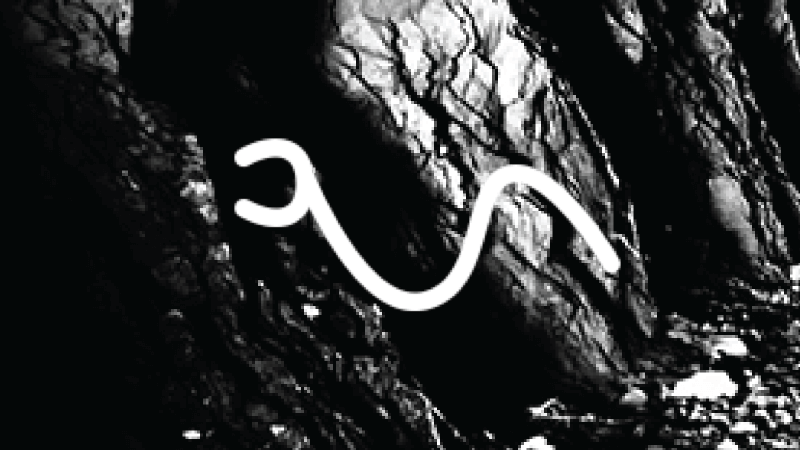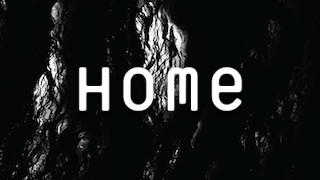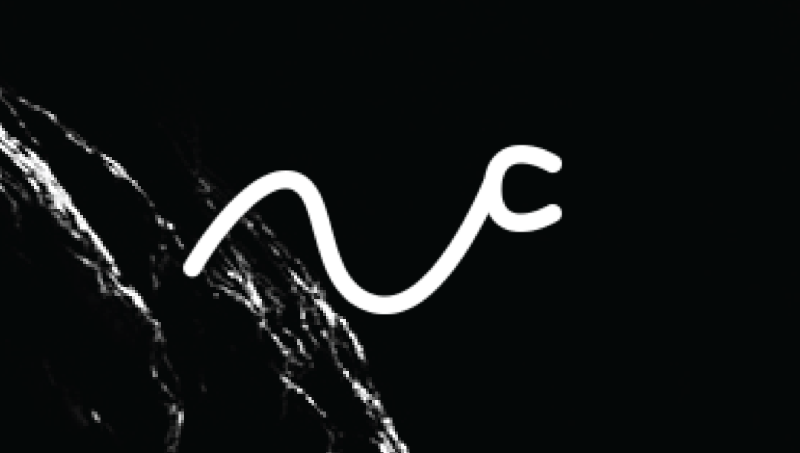How to Find Yourself After Arrival: A Review of Two Pamphlets by Gboyega Odubanjo
Aunty Uncle Poems by Gboyega Odubanjo
The Poetry Business, £5
Two stops short of Barking by Gboyega Odubanjo
The Alternative School of Economics, £5
Gboyega Odubanjo's Aunty Uncle Poems and Two stops short of Barking bristle with poems and exchanges that open up and consider what is home, what is family, what is community.
Aunty Uncle Poems was a winner of the Poetry Business’s 2020 New Poets’ Prize, and the recipient of an Eric Gregory Award in 2021. The pamphlet records and revels in all the aunties, uncles, and cousins who call London home. In fact, there is a deep sense of community in these poems and Odubanjo explores the complex and layered meaning of this word. Community is found in family, both near and far; in the friends and neighbours to whom you give shout-outs on the radio; in anyone you choose to call Auntie, Uncle, Cousin; in the people you share a culture with, or a place, or even a sense of moral duty: “our relationship / with the ocean / is unsustainable” (‘Saturday’).
The tone is often conversational, but Odubanjo displays a wide range of subject matter and emotions; whether sympathetic – “woman on the 67 bus / with the stories / she’s gone” (‘Babel’) – angry, or just plain having fun. He wants to draw the reader in, but also, perhaps, to allow the poems to sharpen with attention when they need to: “seeing their son’s work, his parents think, This?” (‘World Parent’). Most of the poems are written in first person, but that doesn’t mean they contain the same message or a static point of view. At the pamphlet’s launch, Odubanjo said the poem ‘Blessed Princess Lady’ (“as beautifully strange as it is genuinely moving,” according to Luke Kennard) “is after my Mum and her best mate, Princess Diana.” The “I” in this poem describes his mother as moving and shifting between states; spread across the page: “my mother is a white woman. nations weep. i am happy.”
Each of the poems in the pamphlet contemplate a kind of excess, which may be gently mocked (“to pledge allegiance / to the singlet / to the oversized luggage” (‘Tuesday’)); celebrated, in the noise made on a bus; commemorated and adored, in the love language of food (“what Uncle really wants is a bigger portion of rice” (‘Diplomacy’)), or which is able to wrap arms around each other and say: family. But there is also a darker side considered. ‘Oil Music’ speaks to the way oil companies and governments can come together to exploit resources. In ‘World Parent’ there are the heavy expectations of parents for their children to become “lawyer, doctor […] architect”. In ‘Fam’, one of the characters, Big Mummy, is described: “when you think of naij it is her face you think of. her marble floors and many servants.”
Perhaps it is ‘Drake Equation’ that considers these dual qualities of excess at its most impactful. In the pamphlet’s Notes, Odubanjo tell us that the poem was inspired by Drake, the recording artist, and Frank Drake, an American astronomer – leading readers to immediately conjure images of success, exploration, wealth, and space. It is a matter of interpretation, but it’s possible to also see flickers of Sir Francis Drake in the poems, and all he has come to stand for in terms of exploitation and colonialism: “drake says more life more everything / always more”.
Whether he actually said it or not, the internet attributes the following quote to Drake: “When writing the story of your life, don’t let anyone else hold the pen.” The poems in Aunty Uncle Poems contemplate arrival, and how you find yourself after arriving: “this is not a metaphor. this is the word” (‘Sunday Service’).
In Two stops short of Barking, Odubanjo draws inspiration from the concept of home, exploring his relationship and deep connection to his hometown of Dagenham, in East London. The poems and interviews were written whilst he was Writer in Residence at Rabbits Road Institute Library, a community collection of over 200 books with its roots in East London. Contrasting his own experiences with other local histories and stories, Odubanjo places them in a wider context of migration and regeneration.
The poems contain the lived and experienced detail of what home means: “and you can tell who’s not local as the cabs won’t come this far out” (‘Zone 5’). ‘A Potted History of Daecca’ (Dagenham or 'Daecca's home' was probably one of the earliest Saxon settlements in Essex) has the feeling of poetry made of found text. The voices are multiple: “we keep moving. almost back to where we left now.” Yet there is also the personal, too:
on my first day in dagenham
a man rolls down his window spits
kisses at me and my uncle.
(‘Sticks and Stones’)
These poems include the day-to-day experiences of looking at the sun from an estate building, taking out the bins, running through the streets of Dagenham, and saying “today you could be cousin love” (‘Looking At You’).
Presented without comment from Odubanjo, the collection also contains interviews with three creatives who live and work in East London: playwright and actor Tife Kusoro, artist filmmaker John Smith, and rapper John Akinde/OSOM. These interviews provide an interesting contrast and parallel to the poems; readers cannot know whether the poems or the conversations came first, but both speak to the power and inspiration of home on creative practice. This synergy also directs the reader to think about the interplay between the other artists and Odubanjo’s poetry. John Akinde/OSOM says, “My biggest inspiration for my work is my area and I really try to change the narrative of how people understand Barking.” Tife Kusoro: “When I think of Dagenham […] It just feels like aunties and uncles everywhere, really.”
Meanwhile, John Smith, the documentary filmmaker, says: “I’ve got quite a strong belief that you should make work based on your own experience, not just based on some research in a book.” This quote resonates throughout the collection, where you can also see the influence of these opinions on the poems. Yet, poetry is also an act of creation. Even if a poem is 100% true to a poet’s lived experience, there is still the movement of ideas and words onto the page; a transition, an interaction with language, with metaphor and image, a lift-off into a space of possibility: “the realism is killing us. we need cowboys. we need rugged individualism. o lord!” (‘Butch Cassidy’)



